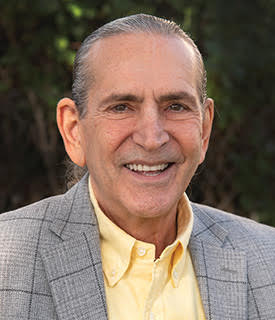Ever wonder why music makes us feel so good? Everyone has a favorite song or type of music (which can actually reveal traits of your personality) – We love music! It has a magical ability to move us emotionally, mentally, and even spiritually – well, and physically of course – through its melodies, harmonies, and rhythms. Anthropologists and sociologists have never found a single tribe, culture, or society without music. Yet, some primitive tribes had forms of music before they developed a spoken or written language. Some primitive tribes and religious groups even used music as a form of healing and enlightenment practices. Fortunately, studies and modern technology has allowed us to see the effect of music on the brain.
One way music affects the brain is by boosting our creativity. Interestingly, our creative brain likes ambient music! While loud music is fun and gets you pumped, it actually doesn’t get the creative juices going like you may think. This is because our creative brain livens to a moderate noise level (not saying low noise levels). Moderate levels is loud enough to turn our brain on and gets our abstract processing working. High noise levels cranks turns our brain on too much, which actually becomes overwhelming and that abstract processing doesn’t work as efficiently.
Secondly, various organizations promote music being taught in schools because studies have shown how music advances development in children. One study has shown that “children who had three years or more musical instrument training performed better than those who didn’t learn an instrument in auditory discrimination abilities and fine motor skills.” These children also tested better on vocabulary, nonverbal reasoning skills (understanding and analyzing visual information – such as identifying relationships, similarities and differences between shapes and patterns.
When we listen to music while exercising, it actually does help us exercise. When our bodies start to tire down, our brain is signals us to stop working out or take a break. Listening to music has a way of competing for our brains attention and overriding that signal (like distracting us from how tired we actually are). This helps us to endure more than we would in silence. The tempos sync with the level of exercise too. So if you’re doing a more intense workout, a genre with a higher tempo does a better job at keeping your brain’s attention.
Also, music has a way of connecting with our emotions. Yes, we like to listen to slow melancholy songs when we’re sad, but songs can also make us sad – or happy. A study showed that after listening to a short song, participants were more likely to interpret a neutral expression as happy or sad, depending on the kind of music they heard.
There are two kinds of emotions associated with music: perceived emotions and felt emotions. Basically, we can understand the emotions of a song without feeling them (this is how we can enjoy sad songs without getting sad).
If for some reason, you’re stuck in a rut of sad songs and feeling depressed, please contact Crownview Medical Group to get in touch with a medical professional who can provide some advice based on your specific needs.
Sources:
https://blog.bufferapp.com/music-and-the-brain
http://news.mit.edu/2015/neural-population-music-brain-1216
http://www.npr.org/sections/ed/2014/09/10/343681493/this-is-your-brain-this-is-your-brain-on-music
https://www.psychologytoday.com/blog/the-power-music/201608/what-is-music-exactly
























